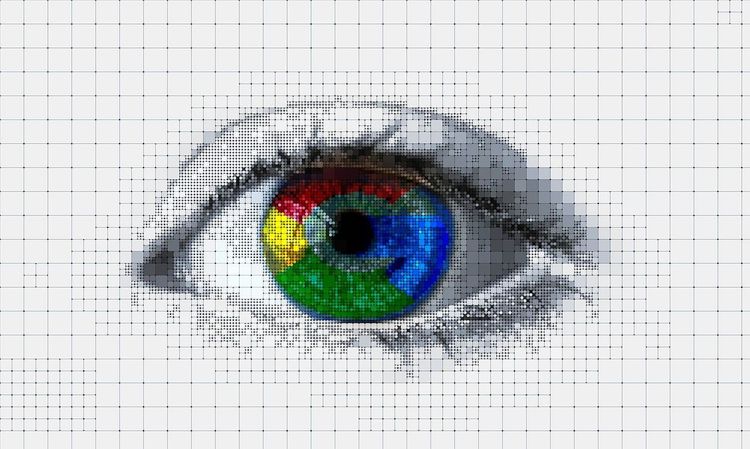Founder mode? Forget it. Why settle for less when you can embrace the role of a creator, leading a transformative era for humanity? Welcome to “God mode.”
Sam Altman, the CEO of OpenAI, an AI startup on the trajectory towards a staggering $150 billion valuation, has long advocated for AI as a remedy for global challenges. However, this comes at a cost, as the rapid expansion of AI also demands significant energy, water for cooling data centers, and raises concerns about carbon emissions—impacting the progress made in tackling climate change.
In his latest post, Altman shares an optimistic take on AI's future, emphasizing its potential for revolutionary change. Instead of merely being a handy tool for tasks like internet searches or homework assistance, Altman argues that AI will redefine humanity’s trajectory—for the better, of course.
With an almost utopian vision, Altman insists on numerous ways that AI could rescue the world. Yet, his persuasions may only deepen the skepticism surrounding AI, reminiscent of the “emperor’s new clothes” narrative. As one commenter, sharkjacobs, noted on Hacker News, “I’m not an AI skeptic at all; I use LLMs regularly and find them valuable. But comments like these make me question the motives of those developing and promoting AI.”
Let’s assess Altman’s claims, distinguishing between the believable and the hype:
- AI will help us solve “hard problems.” Believable. Whether these challenges lie in medical research, engineering, academic integrity, or creative pursuits, the true impact remains to be seen.
- “We’ll soon have AI that enables us to achieve more than we ever could without it.” Veering into hype. While innovations often enhance productivity, the extent to which AI will revolutionize efficiency and justify business investments is still uncertain.
- “In the future, everyone can have a personal AI team, comprised of virtual experts collaborating to create nearly anything.” Hype. The notion of creating “almost anything” raises concerns, not just regarding quality but also the potential for misuse. Furthermore, these “experts” may simply be reiterating existing knowledge.
- “Children will benefit from virtual tutors.” Believable. While a chatbot may not match the value of in-person tutoring, its accessibility can significantly benefit families who cannot afford personalized education.
- “…imagine advancements in healthcare.” Hype. This assertion lacks clarity, presenting an ambiguous promise of AI enhancing health without concrete examples.
- “Shared prosperity could become a reality.” Hype! This claim dives deep into the realm of speculation.
- “AI will meaningfully improve lives globally.” Hype. The specifics of how, when, and whose lives are improved remain vague.
- “This could be the most significant historical milestone: superintelligence may emerge within a few thousand days.” Hype with a capital H. This statement bases itself on ambiguous timelines and overlooks the skepticism regarding the actualization of AGI (artificial general intelligence).
- “…the next leap in prosperity.” Hype. The impact of AI on job markets is fraught with potential for job displacement before any new opportunities emerge.
- “AI will improve as it scales…” Believable. Enhanced scaling typically leads to advancements, though costs must also be factored into the equation.
- “…yielding meaningful global improvements.” Hold up! Hype. Evidence and metrics for these improvements are needed, particularly given current AI limitations, such as erratic responses and misinformation.
- “AI systems will advance to facilitate better next-generation systems.” Hype. While AI does show promise in fields like medicine, tangible improvements must be verified before can we consider these benefits established.
- “If infrastructure isn’t developed, AI may become a restricted resource, fuelling conflict.” Hype. The connection between AI investment and impending conflict is tenuous at best.
- “Welcome to the dawn of the Intelligence Age.” Hype. The naming of historical eras is typically reserved for posterity; for now, we remain uncertain of our trajectory.
- “The benefits of this technology will grow incrementally, leading to transformative achievements.” The first part is believable, but the second mirrors wishful thinking.
- “…a future so bright it’s hard to encapsulate in words.” Believable for futility; hype for brightness. This raises the question of why Altman is attempting to define it at all.
- “The Intelligence Age will be marked by remarkable prosperity.” Hype. Concrete evidence is required first to demonstrate AI’s true value.
- “Revolutionary milestones like climate restoration and space colonies will soon be commonplace.” Hype. This promise contrasts sharply with AI’s environmental footprint.
- “…technology will significantly transform labor markets.” Believable, yet the immediate ramifications could be challenging.
- “Many current jobs would be viewed as trivial by past generations.” Hype. This analogy underplays the substantial cultural and economic shifts that are yet to unfold.
Despite Altman’s enthusiastic vision, it’s essential to recognize that AI represents a monumental shift, arguably the most significant since the advent of mobile technology. Companies like Apple are already emphasizing the AI capabilities of their devices over hardware specifications.
While AI could bring transformative changes in time, it’s legitimate to question whether it will be as groundbreaking as the internet’s proliferation or the ubiquity of personal computing.
On one side stand the fervent believers anticipating AGI, and on the other, skeptics who favor a cautious approach. They want tangible evidence to support the notion of an AI-driven utopia, especially against the backdrop of real-world implications for the environment, workforce, and creative expression.
Currently, we find ourselves navigating the evolving landscape of AI integration into everyday processes, determining how it enhances productivity and where its limitations lie. Until clearer evidence emerges, discussions about AI's future remain speculative.







